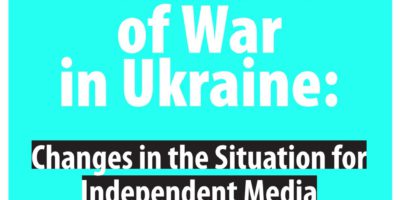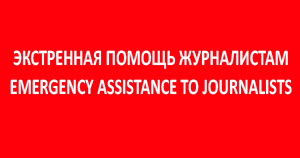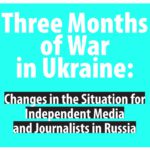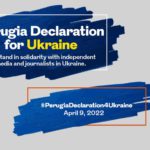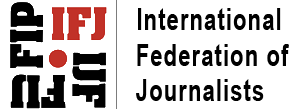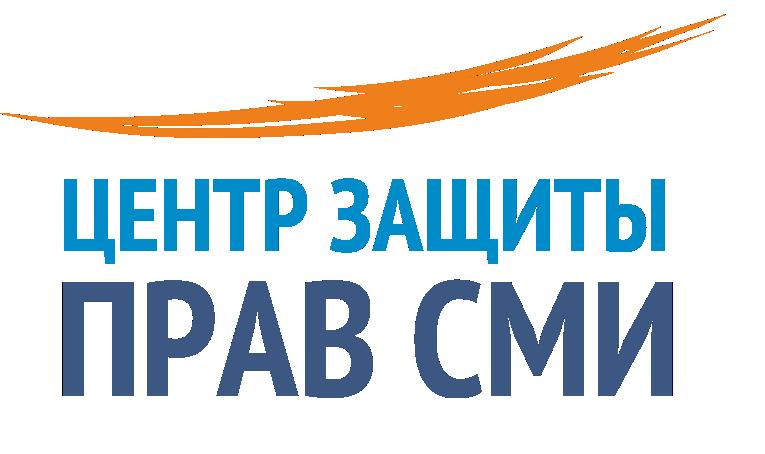The prosecutor for Primorskii Krai contacted the editorial office for Arsenev’skie Vesti, whose correspondents have been covering protests in Khabarovsk and Vladivostok. The chief editor of the publication, Irina Grebneva, received a document from the prosecutor’s office on the initiation of an investigation in accordance with legislation on the media “upon the issuance of press cards to persons having participated in unsanctioned public events (protests).”
Said document also demands an appearance before the assistant prosecutor by 29 March and to inform them about the correspondents, including members of the Journalists’ Union in Khabarovsk. Meanwhile, the “correspondent’s list” included totally unexpected names, including those of correspondents from other media organizations and activists.
The prosecutor demanded the editor to explain on what grounds these people were given journalists’ credentials and editorial tasks, and whether or not labor contracts had been drawn up.
Arsenev’skie Vesti is one of only a few publications in the Far East that cover the protests in the region. The paper’s correspondents in Khabarovsk have repeatedly been detained and sentenced to fines and jail time allegedly for violating the rules of conduct at political protests. For example, Mariia Nuikina was arrested twice for covering the same one protest on 26 December.
Meanwhile a staff journalist from the paper, Dmitrii Timoshenko, spent since July over two weeks in special custody and was fined 400 thousand rubles (around $5300); he has since won yet another court case and managed to verify his journalist status.
Until recently the authorities fought the dissemination of information about the protests in Khabarovsk, putting pressure on individual journalists who worked with publications from other regions.
The regular detention, intimidation, fining, and arrest has already become a systematic repressive practice. In the last few months no less than 14 Khabarovsk reporters suffered as a result of such a “carousel of repressions.” The JMWU considers such repressive practices a means of intimidation against journalists.
Now the pressure is being applied to publications in their entirety, including those not in Khabarovsk, but rather in other regions. This could mean the central coordination from the center of a campaign intended to cover up any information about the protests in the region.


